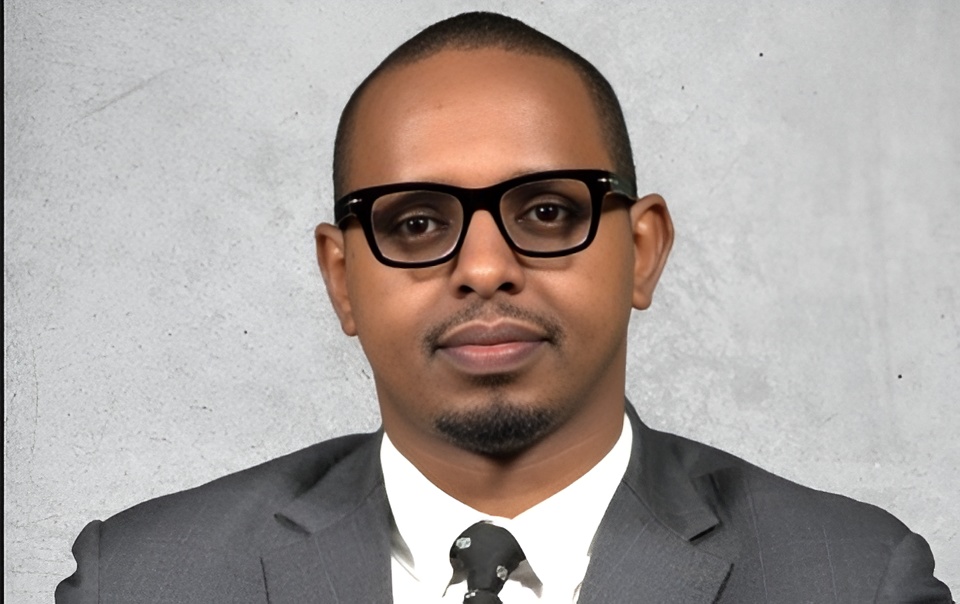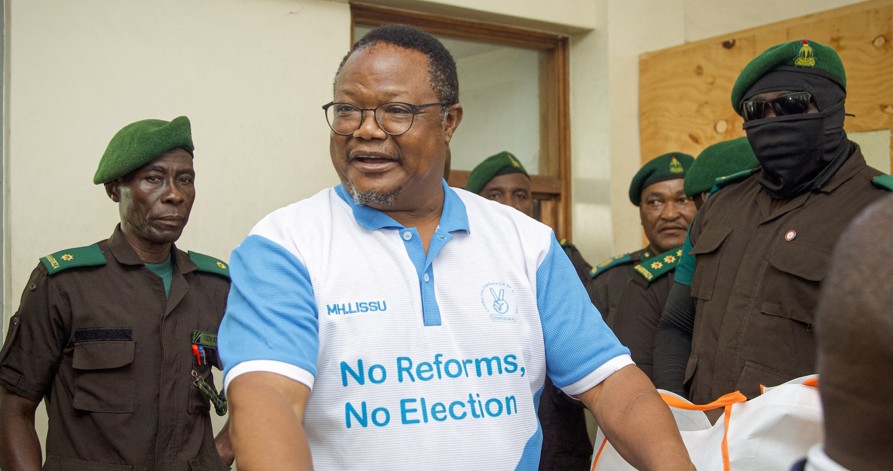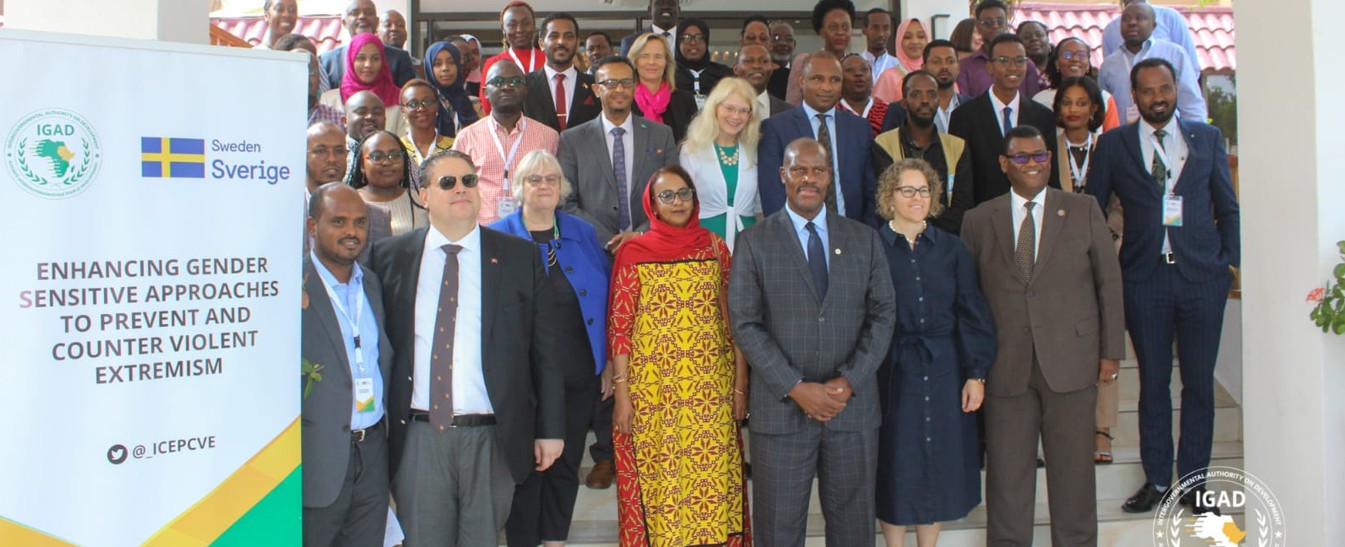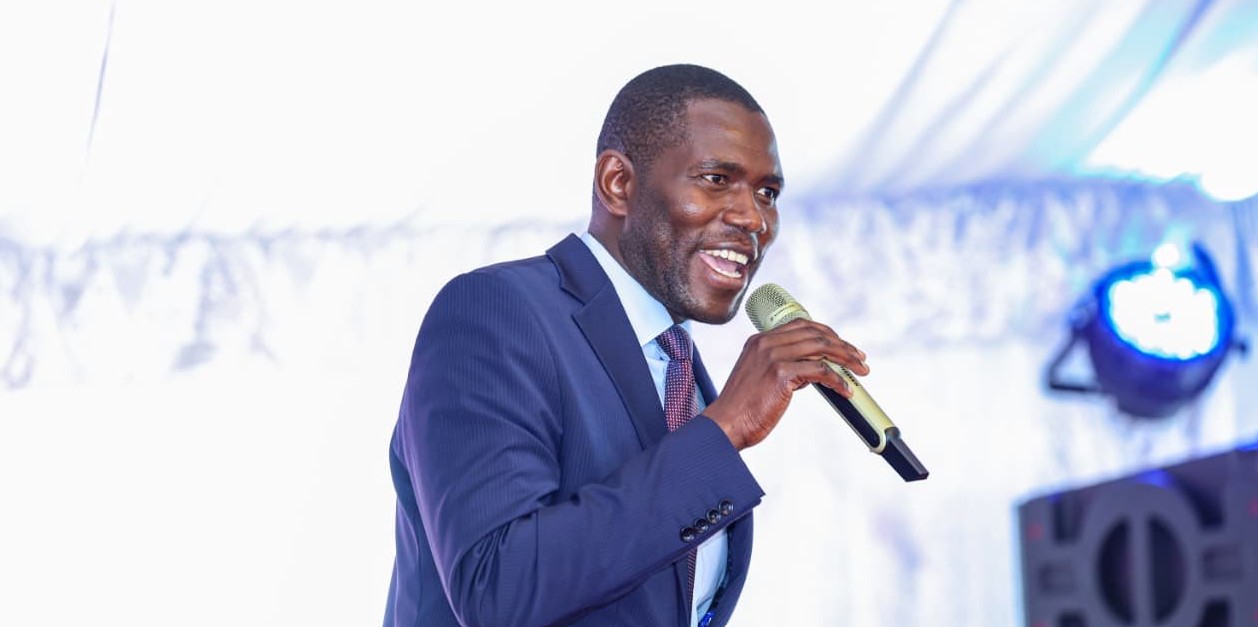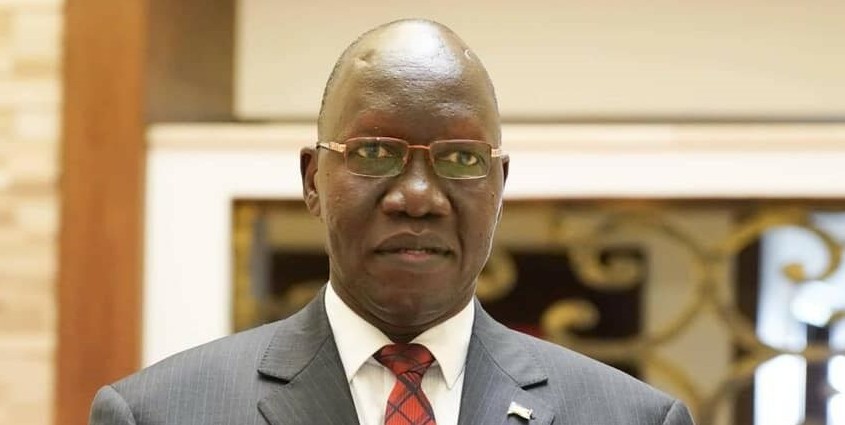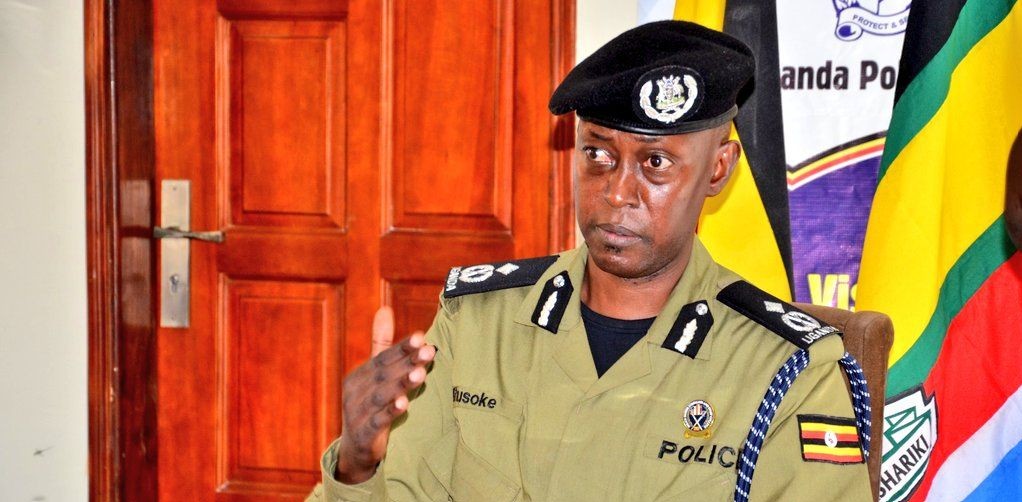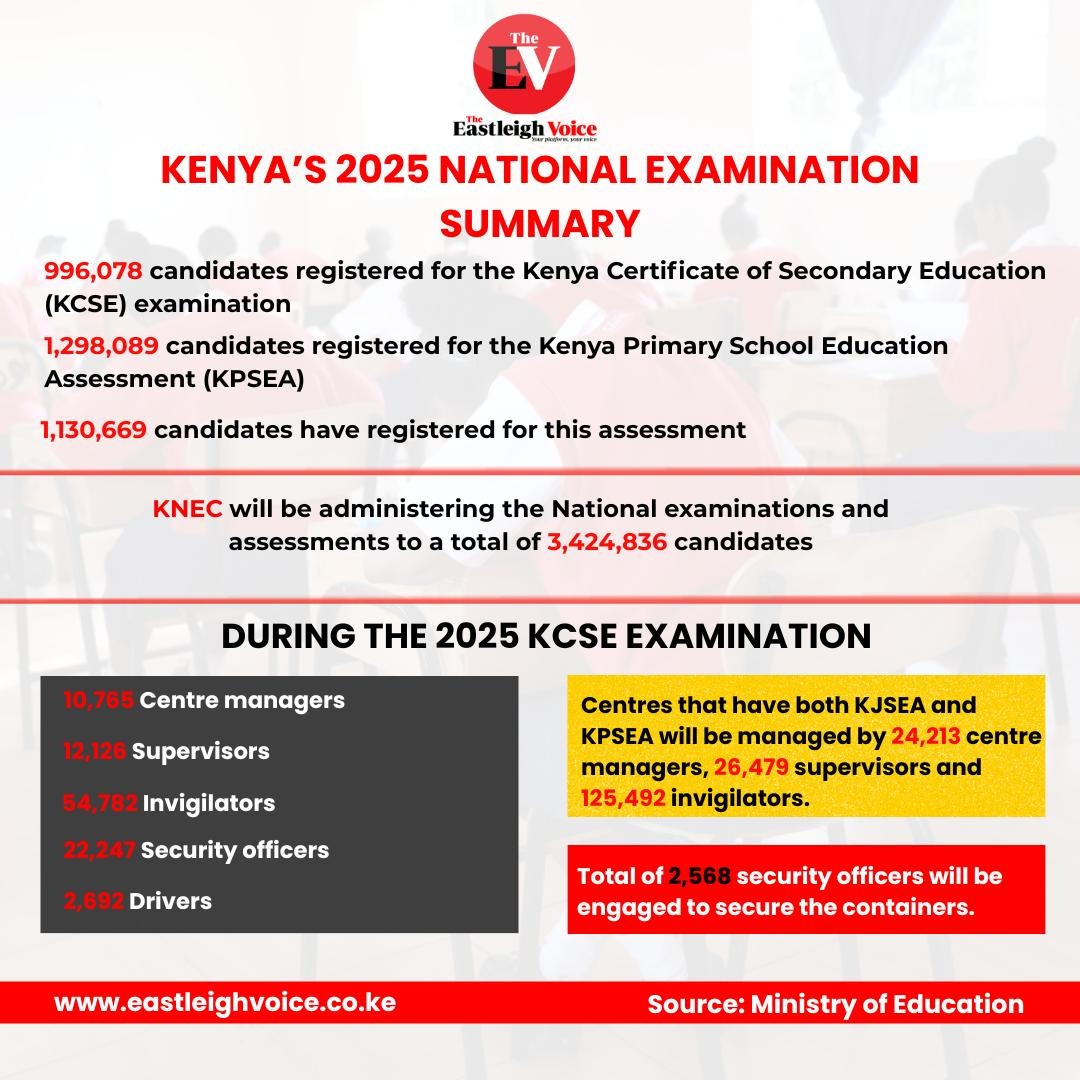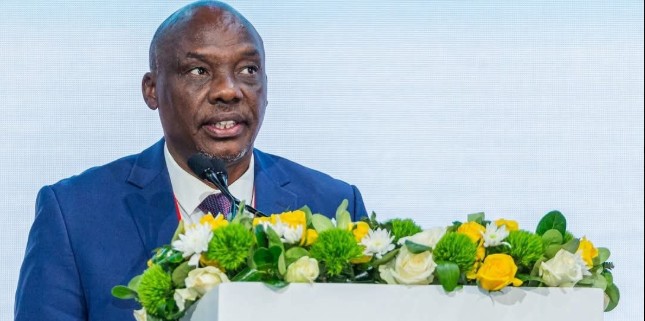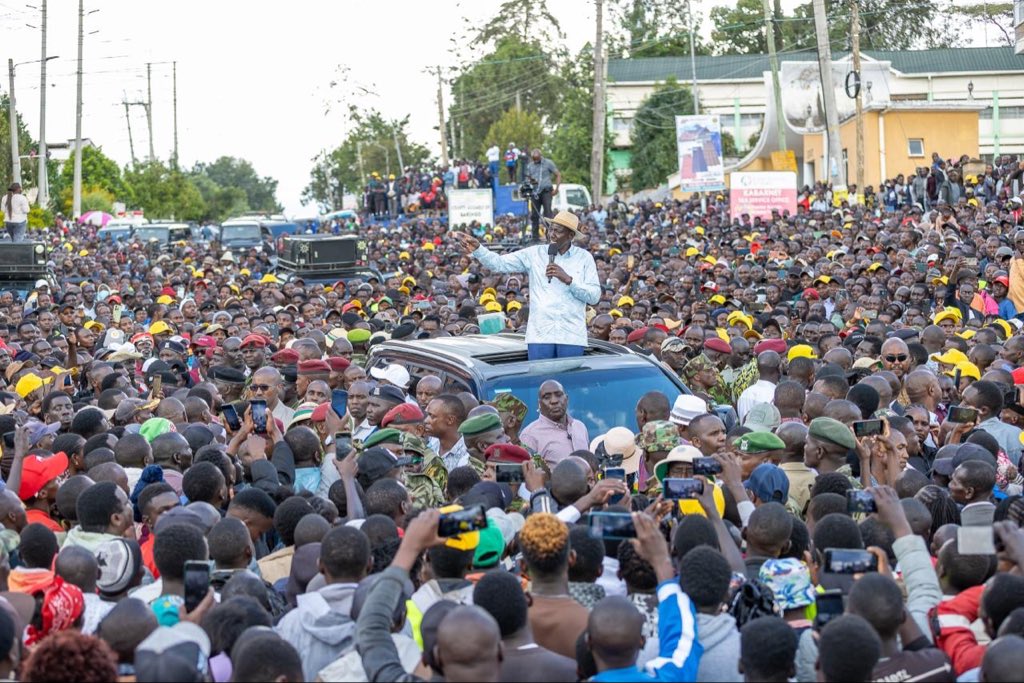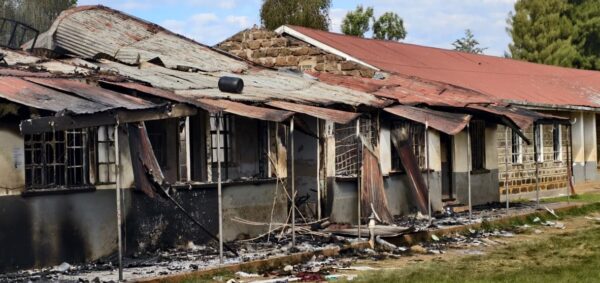SUPKEM distances itself from court case seeking removal of Ruto, Gachagua
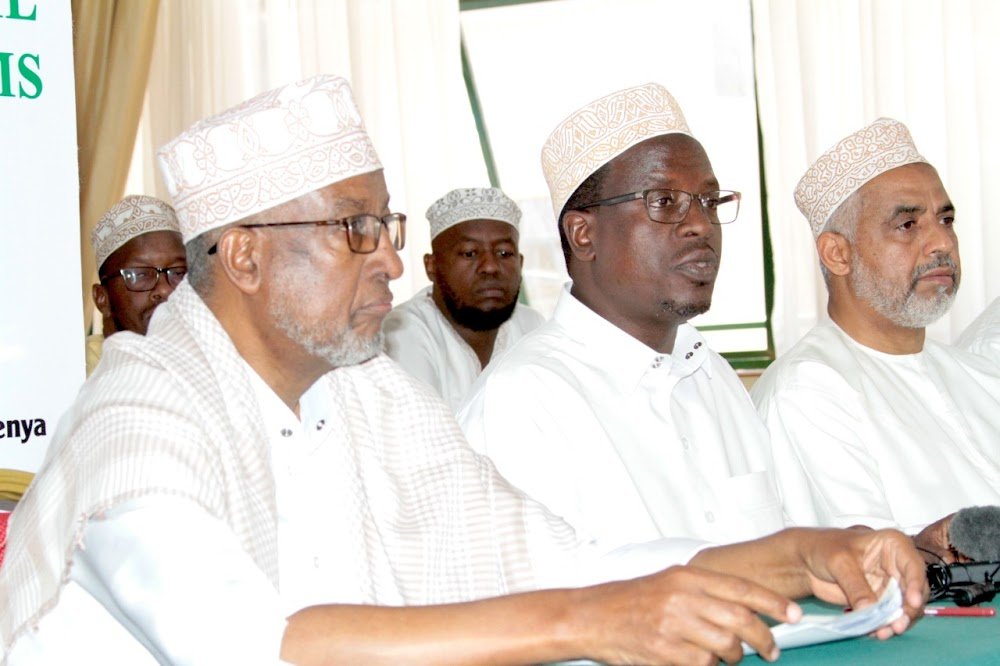
SUPKEM National Chairman Alhaji Hassan Ole Naado clarified the council's position, stating that SUPKEM was not consulted before being named as a party in the case.
The Supreme Council of Kenyan Muslims (SUPKEM) has officially distanced itself from a recent court case seeking a referendum to remove President William Ruto and Deputy President Rigathi Gachagua from office.
SUPKEM National Chairman Alhaji Hassan Ole Naado clarified the council's position, stating that SUPKEM was not consulted before being named as a party in the case.
More To Read
- Religious leaders reject state bid to regulate faith-based groups, cite threat to worship freedom
- Garissa peace advocates demand end to inter-communal land skirmishes fuelling violence
- Section of SUPKEM members demand fresh elections amid protests over leadership
- NACADA, clergy join forces to confront drug crisis at the Coast
- Quba Mosque reopens after Garissa Governor Nathif Jama, SUPKEM broker peace
- 5,000 Kenyan Muslims to take part in 2026 Hajj pilgrimage
The case, filed by Cyprian Nyamwamu and 13 others at the High Court of Kenya in Nairobi, lists SUPKEM as the 14th interested party.
The court order, issued by Hon Bahati Mwamuye on July 24, 2024, requires SUPKEM to file a response by August 16, 2024. Hassan emphasised that SUPKEM was unaware of its inclusion in the case until the court order was served.
"The Court Order by Hon Bahati Mwamuye J. dated July 24, 2024, on the case filed by Cyprian Nyamwamu & 13 others has been placed in our hands," Hassan stated. "The Supreme Council of Kenya Muslims has been cited as the 14th Interested Party to the case and is required to file a response to the application thereof by August 16, 2024."
Hassan further elaborated that the constitution of SUPKEM mandates consultation with its relevant organs before engaging in any court processes. He explained that this protocol was not followed, rendering SUPKEM's involvement unauthorised and illegitimate.
"We in SUPKEM wish to disassociate ourselves from this court process because we were NOT consulted before being enjoined as an Interested Party. For the Society to pursue such a court process, the issue must be tabled before the relevant organs of the Council, and a decision taken following the appropriate process in the present case, the relevant organ of the Council was not consulted before the Council was committed as an Interested Party,” he said.
SUPKEM's leadership has resolved to approach the court to seek the council's removal from the case. Hassan reiterated SUPKEM's position, distancing the council from the case on grounds of lack of consultation and the inability to file a response in its name.
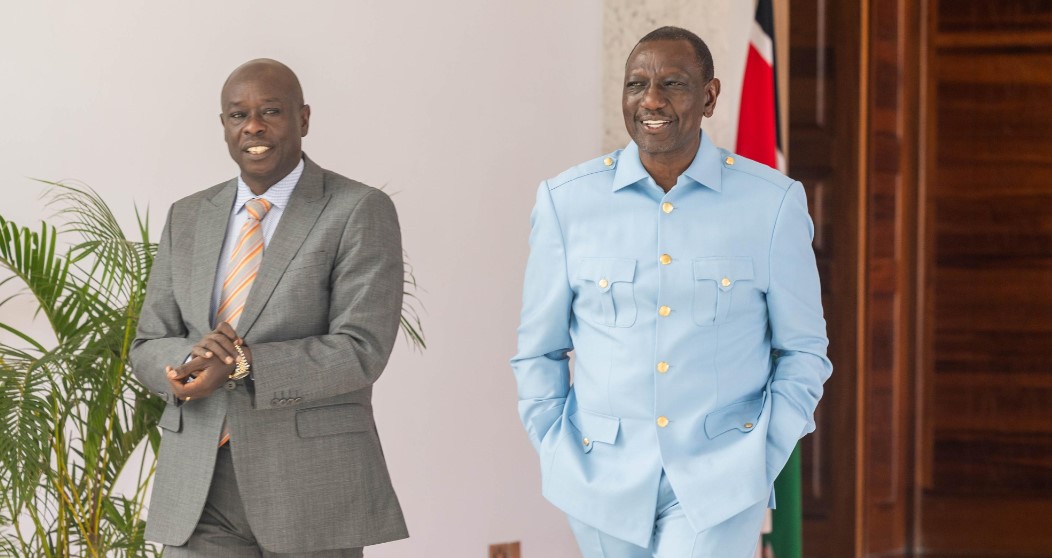 President William Ruto and his deputy Rigathi Gachagua walk out of a State House hall after chairing a Cabinet meeting on June 13, 2024. (Photo: PCS)
President William Ruto and his deputy Rigathi Gachagua walk out of a State House hall after chairing a Cabinet meeting on June 13, 2024. (Photo: PCS)President William Ruto and his deputy Rigathi Gachagua walk out of a State House hall after chairing a Cabinet meeting on June 13, 2024. (Photo: PCS)
"The leadership of SUPKEM will approach the honourable court seized of this matter to have SUPKEM discharged as an Interested Party," he declared.
Genuine issues
"SUPKEM stands by its earlier position that following the historic protests by Gen Z that pricked the conscience of our nation, the country needs to have a very serious conversation with itself to ensure that the genuine issues raised by Gen Z are addressed comprehensively and with finality."
While expressing support for a national dialogue, Hassan stressed that such dialogue should occur within the framework of the Constitution.
He invoked Article 2 of the Constitution, which stipulates that no person may claim or exercise State authority except as authorised under the Constitution.
"Our position is that the issues raised by Gen Z cannot be addressed outside the structures provided in our Constitution. In holding this position, we are guided by the provisions of Article 2 of the Constitution and Article 10 on national values and principles of governance, which include the rule of law, democracy, and participation of the people,” he said.
The chairman urged those opposed to dialogue to reconsider their stance and called for an inclusive national conversation. He also warned the political class against using the opportunity for dialogue to entrench vested interests at the expense of addressing the legitimate grievances of the youth.
"We urge those who are opposed to dialogue to rethink their stand and embrace the call for an inclusive national dialogue. But we also call upon the political class not to use the opportunity for dialogue to entrench their vested interests at the expense of the well-meaning grievances raised by our young people," he said.
Hassan also highlighted the necessity of justice for the lives lost during the Gen Z protests and accountability for the state's response, which included physical and psychological trauma suffered by the protesters.
"Above all, we cannot proceed with dialogue without justice for the innocent lives lost during the Gen Z protests and without holding the relevant duty bearers accountable for the physical and psychological trauma suffered by those who were maimed, abducted, and illegally detained," he said.
Top Stories Today
